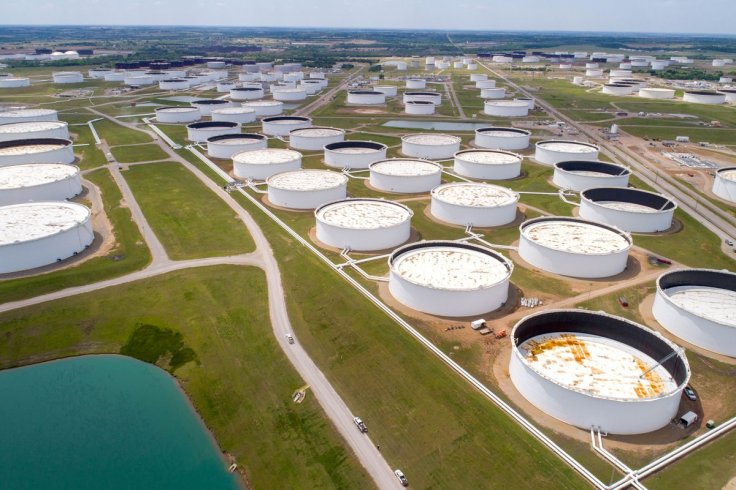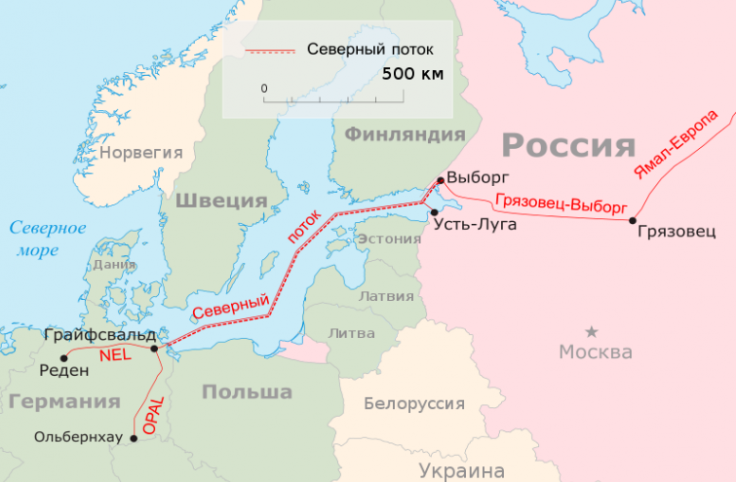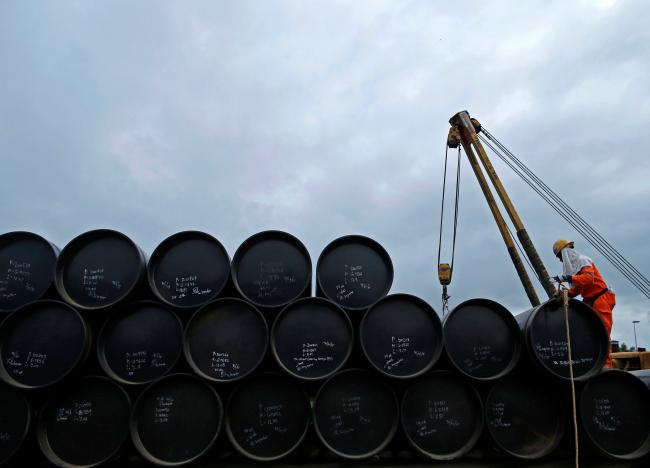The G7 leaders have proposed a price cap on Russian oil and gas after realizing that the wave of sanctions slapped on Moscow in the aftermath of the Ukraine war has more or less have only limited impact. Will the latest move to forma buyers' cartel and force Moscow to sell its oil and gas at dirt cheap prices will succeed in extracting the results the West wants? The broad answer is no, and there are mainly two reasons. First, this plan is doomed to fail as it is too complex to implement, and second, Russia is not in the league of Iraq that can be manipulated easily.
Plan Suits the West
The G-7 plan is to force buyers of Russian oil and gas to offer very low prices for Russian crude and natural gas. The target is to offer a price just above production costs, so much so that Russia will not make the money it wants to run the war machine. This plan is preferred to an outright ban on Russian crude, which will force Russia to stop production and thereby create a reduction in the market volumes. This will result in another round of price boom, which will create inflationary pressures around the world.

Hence, it suits the West to make Russia keep pumping crude while making a cartel that will suppress the Russian crude prices. It's obviously an ideal situation as far as the West is concerned but it's also too whimsical as well. There are many reasons why this plan will either not take off at all, or fail to bring in the required results.
According to analyst Tamas Varga of oil broker PVM, the West has not taken into account how Russian President Vladimir Putin will react to the plan.
Russian Retaliation
If Russia decides to retaliate by reducing oil or gas exports the plan will simply fail and instead, cause a price boom that the West can't deal with. "It is a nightmare scenario - both for Europe and Russia," Varga told Reuters.
Russia has already suggested that in the event of such a move from the West, Moscow is prepared to revise its delivery contracts with Western countries that are critically dependent on Russian oil and gas.

Other analysts agree. Louise Dickson from Rystad says that it is clear that Russia will not accept very low prices. "The most obvious is that Russia might not agree to sell at those prices, particularly if the cap is very low and close to production cost ... In fact, Putin has already shown his willingness to withhold supplies of natural gas to EU countries that refused to meet payment demands," he says.
Another big obstacle is that large Asian buyers like China and India will certainly come in the way of the western plans. When the West rolled out the sanctions against Russia, India and China defied them and continued buying Russian crude at a hefty discount.

These countries are willing to accept Russian insurance or sovereign guarantees rather than accept the low prices under the cartel in lieu of the western-backed insurance. Therefore, forming a broad-based cartel that effectively has the heft to force Russia to its knees is easier said than done.
"Russia and some buyers are already finding alternatives to European insurance markets, using a combination of local insurers and sovereign guarantees. So this mechanism would not force full participation in a price cap," said Richard Bronze from Energy Aspects.









